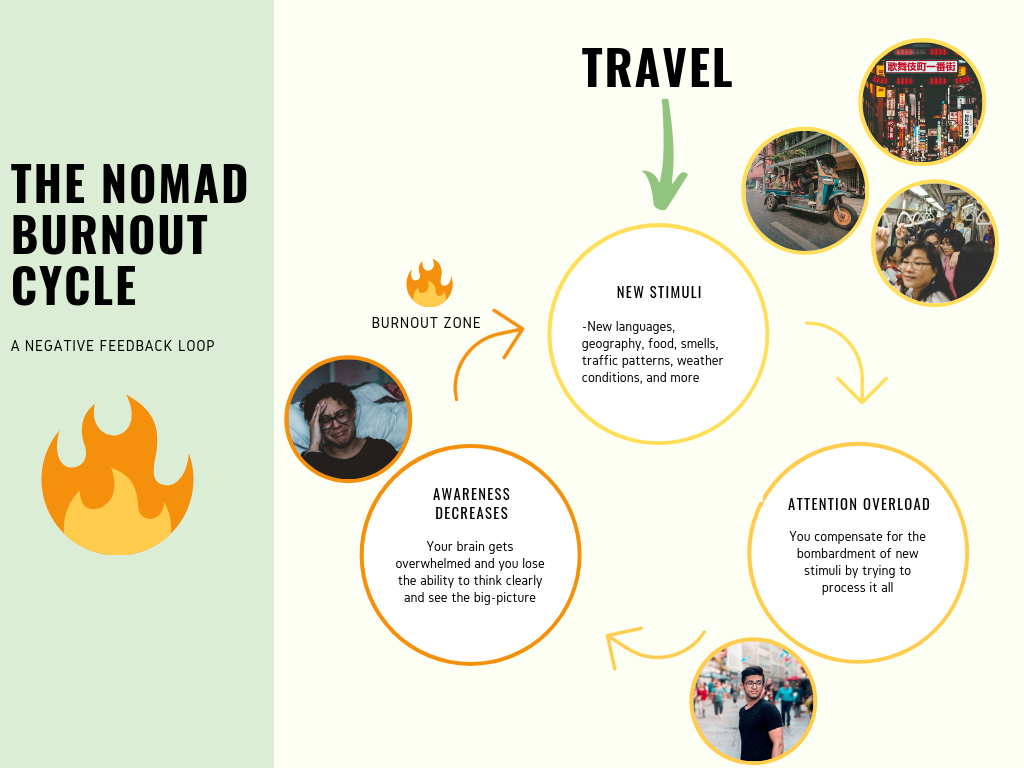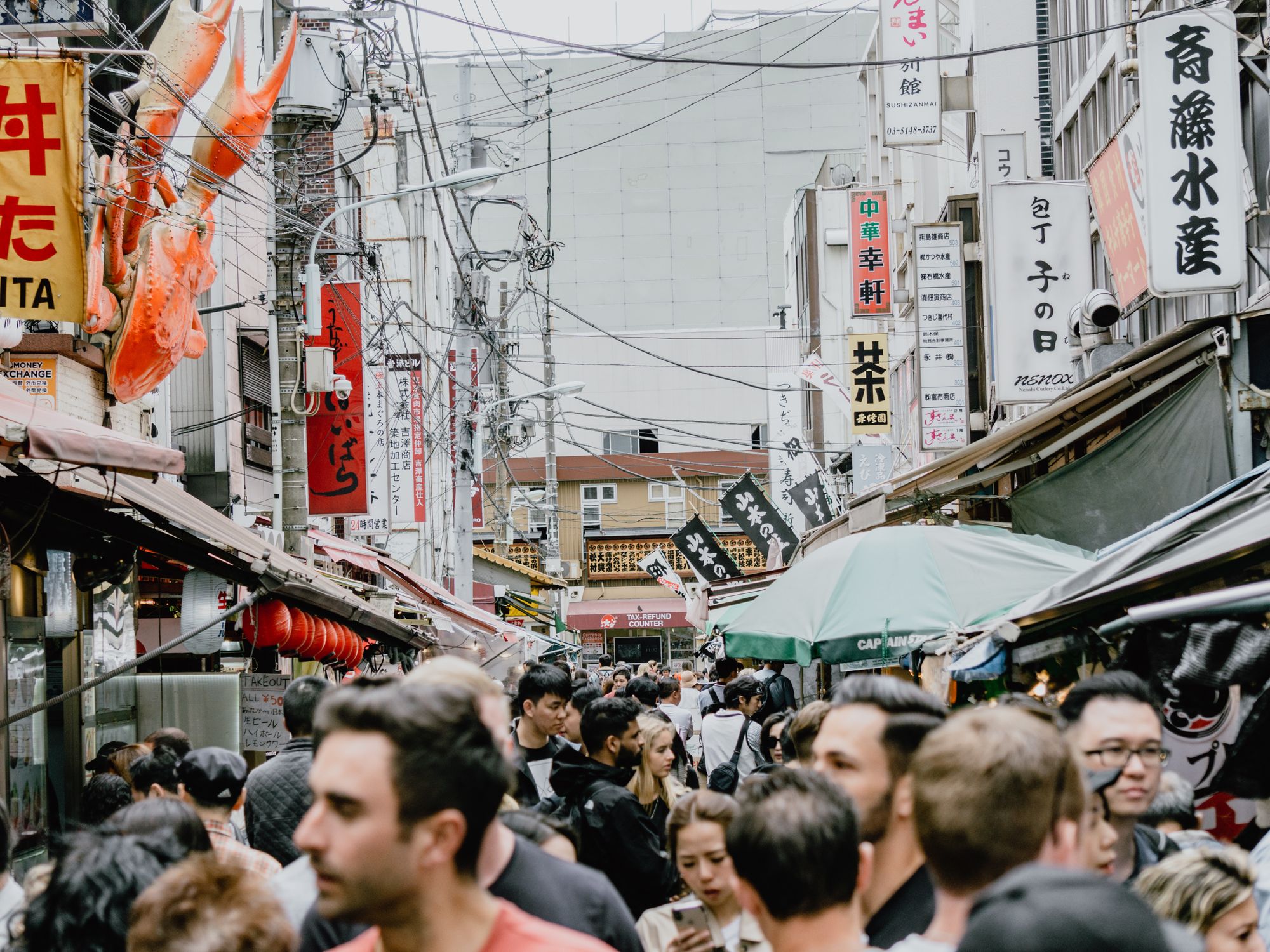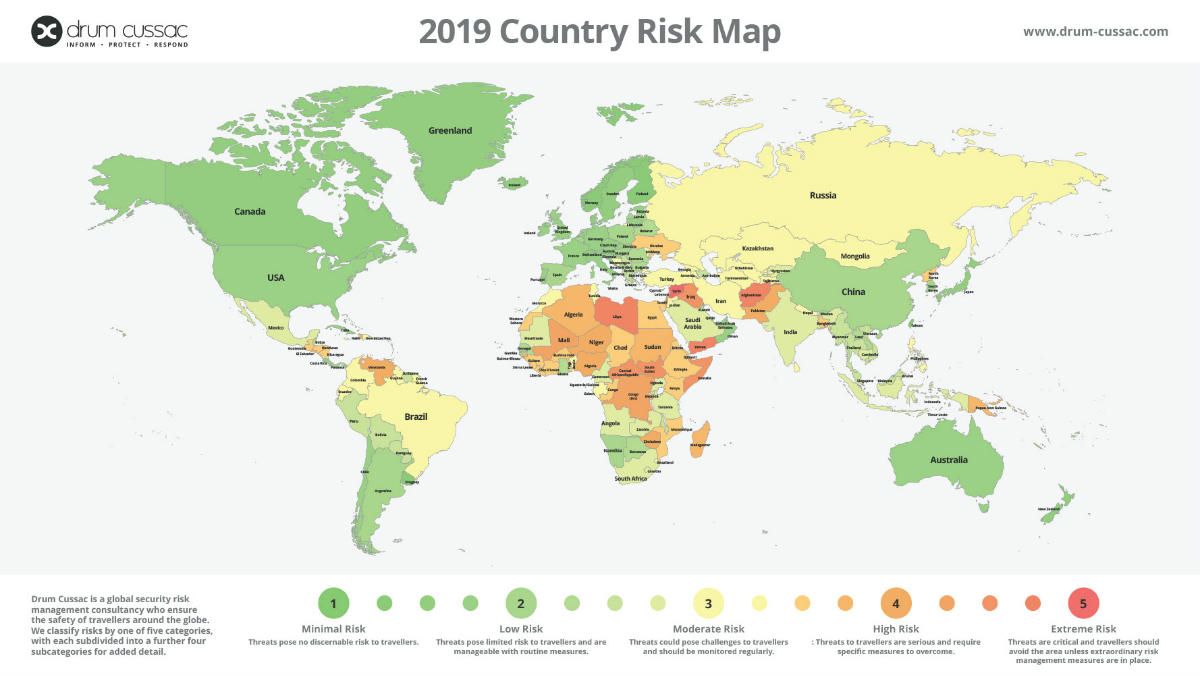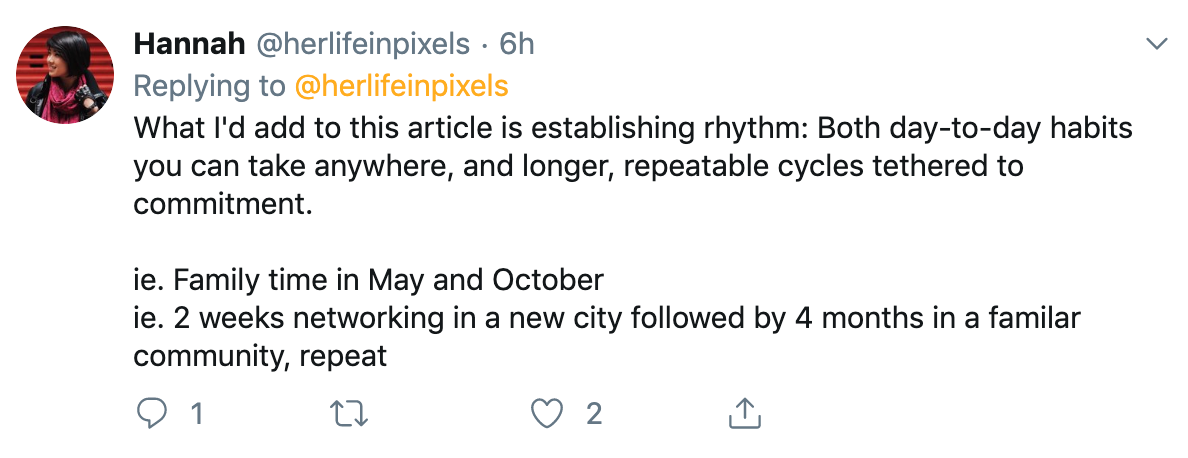How Nomadism Contributes to Burnout and What to do about It

Over the past year, I’ve seen a burnout epidemic among digital nomads.
“I’ve been pretty tired for some time now”
“I’ve been going through this cycle of being burned out, getting a bit better, and then falling back into it again.”
“I can’t focus and I don’t know what to do about it”
I’m also a nomad who has been struggling with burnout for the past year. Since last November, I haven’t written a single article. In fact, this website was down for over 8 months and I didn’t have the energy to fix it until this week.
Only now am I starting to function normally again.
So how do I have the energy to fix my site and start writing again? I took a break from long-term travel and went home for a while.
Turns out, there’s a neurological explanation for why going home helped me so much, and I’ll cover it here.
How Serial Travel Affects Our Awareness
According to the book, The Mind Illuminated, our conscious experience consists of two areas: attention and peripheral awareness.
Attention hones in on specific things, either in our minds or outside of us, so we can analyze and interpret them. At the same time we can also be aware of what’s going on around us and in the background, which is our peripheral awareness. Peripheral awareness gives us a bigger context of issues so we can respond better to life’s events. Attention is under our direct control, but our peripheral awareness is not.
When we’re in a healthy state of mind, attention and peripheral awareness work together to make sure we’re always mindful of the situations we are in, and that we’re responding to them effectively.
However, when we travel for long periods of time, this balance can get thrown off and can cause a negative feedback loop which traps us in ever increasing states of burnout.
This is based on a concept called awareness deficit disorder.
When we travel to foreign places, our peripheral awareness gets bombarded by new sights, smells, languages, weather conditions, geographical points, and more.
Even a simple trip to the grocery store introduces us to thousands of new stimuli, many of which we may have never encountered before in our lives.
Remember from earlier that while we can control what we pay attention to, we don’t have direct control over what appears in our peripheral awareness. This causes us to overuse our attention because it is what’s under our direct control. We try to take everything in, to process and make sense of it all, and it overwhelms us.
This can cause a downward spiral where we become less aware of situations because we overuse our attention, but to compensate, we use our attention even more, thus utilizing our peripheral awareness less, diminishing situational awareness even further. Basically, when we try to pay attention to too many stimuli on a constant basis over a long period of time, it breaks our brains.

Another situation where we lose our ability to be mindful is whenever our attention shifts rapidly back and forth between different objects. It takes considerable brain power to attend to a bunch of different stimuli at once.
There are three kinds of these distractions:
- Scanning: is when our mind scans our inner and outer surroundings for something of interest. While traveling, our mind is constantly scanning our surroundings for something new and exciting, or for foreign dangers we should avoid.
- Getting captured: this is when an outer or inner distraction, from an ambulance passing to a body spasm to a strange thought, disrupts our attention. This could happen from the joyful discovery that the garbage trucks in Taipei play classical music, to almost getting hit by an errant motorcycle driving on the sidewalk.
- Alternating: When you ‘multitask’ and you think you’re doing two things at once, really your attention is just rapidly alternating from one thing to the other, but you think you are maintaining focus on both things. An example is talking to a friend while looking for a cafe while simultaneously avoiding huge cracks in the sidewalk somewhere like Canggu.
When we travel, traffic might come from the other side of the road, or we might be in a touristy area where hagglers are competing for our attention, or we could be somewhere unknown where we’re on extra guard for our safety. All of these factors drain us, and over time they add a friction to daily living that wears us down and depletes our capacity to function at optimal levels.

Emotional stress caused by travel also causes the same thing to happen, as we have so many internal worries and concerns that we lose the ability to step back and see the bigger picture.
When one takes into account all of these factors, it’s obvious that nomadism can contribute to chronic burnout.
How Successful Nomads Avoid Burnout
A nomadic lifestyle doesn’t have to be unhealthy. Plenty of people are able to sustain a nomadic lifestyle over the long term while also maintaining their sanity.
So how do they do it? They add as much stability as possible to their living situations.
They Slowmad
You may be familiar with the concept of slowmading, where one stays in locations for 2-3 months or longer. Most nomads transition to this style of living after the first year or two of going nomadic.
Keeping a stable routine will give one’s brain a sense of stability and normalcy, and could help one recover from burnout quicker, and also help prevent travel-caused burnout in the first place.
They Visit Home or they Have a Home Base
Many nomads visit home or they have a determined home base that they return to year after year. Returning home, whether it’s a childhood home in or one that’s self-created, creates a familiarity that can put one’s brain on autopilot and free up space to focus again.
In fact, I’m looking for a home base myself. If you have suggestions, tweet me!
They Visit the Same Places Every Year

Some nomads don’t have one select home base, but instead live in multiple places and visit the same 2+ places every year.
Traveling to the same places over and over stops overwhelming the brain with new stimuli. These places start to feel more like home than new destinations.
They Travel to places with low Friction of Daily Living
Auth0 (my employer)’s CEO was hosting an AMA when an Argentinian employee asked him what he missed most about his home country of Argentina. He paused and then said,
“While I will always love my country, my honest answer is that I do not miss it. There was a friction to daily living that hindered my ability to use my brain to its fullest capacity.”
He then spoke about the political strife and danger growing up in Buenos Aires, and how even after things calmed down, there was a difficulty to doing basic daily tasks in that country that took up a lot of his brain space. When he moved to the USA that friction went away, and he was able to succeed at Microsoft and, later on, was able to found Auth0. (Note: He left Buenos Aires many years ago and it has since become a much more lovely place to live.)
Living in a place that is safe, clean, and peaceful allows the mind to relax, enabling it to focus on solving bigger issues and make a mark on this world.
If you’re looking for a country to relax in, here’s a map of the safest countries in the world.

They Meditate
Remember how it’s possible to control attention but not peripheral awareness? Meditation trains the brain to utilize peripheral awareness as well as attention! This allows a more holistic view of life’s issues. This ability to selectively focus on what matters and tune out distractions means that travel could overwhelm a skilled meditator less than someone who does not meditate.
They Keep a Stable Routine

Hannah is right. Keeping a rythm or routine that you can keep the same, no matter where you are, is a great way of helping your brain know what to expect day in and day out, no matter what else is going on in your life.
Burnout Solved
While there are many factors that lead to burnout, a constantly-changing nomadic lifestyle is a larger contributor. Going home, slowing down one’s travel, meditation, and choosing familiar travel spots can all help prevent or ameliorate burnout.
As for me, I’m back home and don’t see myself hopping back on the road for at least another few months. Every day that I surround myself with the same boring, easy environment, my brain fog lifts a little more. I’m trading the excitement of seeing the world and meeting fascinating new people for the adventure of exploring my own mind and picking projects that spark a fire in my soul.
It’s a worthy trade-off.